By: John Paul Rohde
When I was asked to bring a brief reflection on where I’ve seen God in the context of my work as an emergency physician during this pandemic, I must confess a bit of initial discomfort—not because I was reluctant to speak, but because one of the ways that many of my colleagues and I have coped with all of the shortages of PPE, the fear in the eyes of patients struggling to breath, the strain of breaking COVID + test results to a patient with newly transplanted lungs, the news of colleagues infected or hospitalized or dead, and the fear of bringing the virus home to our families—has been to avoid reflection at all costs. One of the reasons “frontline” physicians, nurses, and paramedics are able to rise to occasions like COVID-19 or any other emergency is that we are acculturated to rely on our training and just get to work, and then do our reflecting over beer and pancakes in the morning after the shift is over.
But this months-long COVID-19 shift isn’t over yet…
This, of course, is not to say that reflection itself is a bad thing or in any way premature. In fact the term itself raises an important point. When I look in the mirror, the worst of my COVID-19 patients don’t look much like the white face staring back at me.
In the spring during the first surge in cases and fatalities, our emergency medicine group took the step of identifying the most experienced physician under the age of 50 and without co-morbidities on each shift to be the “intubating physician” for Covid suspected patients in emergency need of being placed on a mechanical ventilator. This intubation procedure is known to aerosolize virus particles and contains significant risk of exposure for the proceduralist and team. Since I’ve been out of med school for 20 years and am 48 years old, when I am on shift it is frequently me. In the first few weeks of serious COVID-19 volume I performed 8 intubations on COVID suspect patients—and fully 7 of them were black or indigenous people of color. One was homeless. One was incarcerated. Two were in the same undocumented immigrant family. Many of them were from Antioch, an economically depressed area left way behind in Nashville’s economic boom, which has become the epicenter of the virus in our city.
As you know, throughout the United States the novel coronavirus is disproportionately ravaging communities that are already oppressed by our ongoing history of racial injustice. Black, indigenous, and people of color who continue to struggle against societal inequities are at significantly greater risk from COVID-19. The Journal of the American Medical Association reports the following:
In Chicago, more than 50% of COVID-19 cases and nearly 70% of COVID-19 deaths involve black individuals, although blacks make up only 30% of the population…. In Louisiana, 70.5% of deaths have occurred among black persons, who represent 32.2% of the state’s population. In Michigan, 33% of COVID-19 cases and 40% of deaths have occurred among black individuals, who represent 14% of the population.
The Johns Hopkins University and American Community Survey indicate that to date of 131 predominantly black counties in the US, the infection rate is more than 3-fold higher than that in predominantly white counties. Moreover, this death rate for predominantly black counties is 6-fold higher than in predominantly white counties.
The reasons for this obvious healthcare disparity are as numerous and complex as the reasons for ongoing racial injustice in the United States in 2020. People of color in the US are more likely to experience poverty and be without access to healthcare, more likely to be unable to financially afford to stay safely at home during quarantine, more likely to experience infection risks like dependence on public transportation, more likely to suffer from untreated diabetes, hypertension, and lung disease—not because of any genetic association with ethnicity but as the product of centuries of oppression and injustice.
In many ways, without anthropomorphizing too much, the novel coronavirus is surd evil. It is self-serving and opportunistic in every way—consuming and killing in its unrestrained drive for its own survival and proliferation. Sound familiar?
The coronavirus pandemic has amplified human fear and resulted in frantic survivalist behaviors—hoarding of food and medicine and stockpiling of valuable personal protective equipment. Fear drives anti-Chinese racialist rhetoric and anti-immigrant and nationalist sentiments. Even as we speak the US government is taking steps to ensure that it acquires doses of coronavirus vaccine as soon as it is developed and before other countries regardless of who may have a greater need by that time.
In William Stringfellow’s book An Ethic for Christians & Other Aliens in a Strange Land, he unpacks “the morality of survival” and concludes that “servility to the survival interest depletes us as human beings.”
For me, the heart of the rich theology contained in the image of Jesus as the Lamb of God is the fearlessly nonviolent way in which he accepted his own mortality even at the moment of his death. As much as Jesus was human, he must certainly have been afraid—and yet he still managed to lay aside his own survival in favor of higher moral priorities.
Stringfellow was writing in the context of the Vietnam War and the social unrest of the early 1970s, but his words still hold true for this time:
“If in these days we suffer the imminence of the apocalyptic, where are the eschatological signs in which we may rejoice? Where is hope?
The biblical response—is that hope is known only in the midst of coping with death. Any so-called hope is delusory and false without or apart from the confrontation with the power of death, whatever momentary or circumstantial form that may have. It is a person’s involvement in that crisis in itself—whatever the outcome—which is the definitively humanizing experience. Engagement in specific and incessant struggle against death’s rule (not death itself) renders us fully human.”
So where are the “specific and incessant struggles” against death’s moral rule right now? They are not by any means the exclusive purview of emergency medicine clinicians. Where I work, I can’t help but think of Doris—a late 50s African American woman with diabetes and hypertension, who for around $12 an hour dons gown and mask to wipe down every touchable surface of a COVID-19 ER room with disinfectant after a patient leaves. Or Camille, a Syrian immigrant who was an engineer in his home country—now a “floor tech” in the ER—who tirelessly scrubs the same floors with disinfectant over and over again to reduce the spread of the virus on our shoes. The “specific and incessant struggles” of which Stringfellow wrote are not just in Emergency Departments and hospital COVID units. They are anywhere and everywhere our fellow humans are laying fear aside and standing in solidarity with anyone who is vulnerable or marginalized under death’s fearful rule—local congregations feeding and sheltering the homeless or aiding immigrants, the Black Lives Matter movement lobbying Congress and protesting in the street, peaceful protests for equality of every kind, the #MeToo movement, activism on climate change, police and prison reform, healthcare access reform, public education reform, marriage equality, up to and including expanded work for institutional anti-racism of even our own Alliance of Baptists —and on goes the list of opportunities to seize our common humanity, live into our Christian identity, and perhaps someday really overcome fear with love.
John Paul Rohde MD, FAAEM is an Emergency Medicine Physician who grew up as a Baptist missionary kid in Guyana, South America. He now directs Vanderbilt’s Division of Global Emergency Medicine with a focus on ethical and sustainable Emergency Medicine development in Guyana. A member of Glendale Baptist Church in Nashville, John Paul is grateful to still have a place in Baptist life in Glendale’s caring community of equality and grace. John Paul also serves on the Alliance of Baptists’ board of directors.
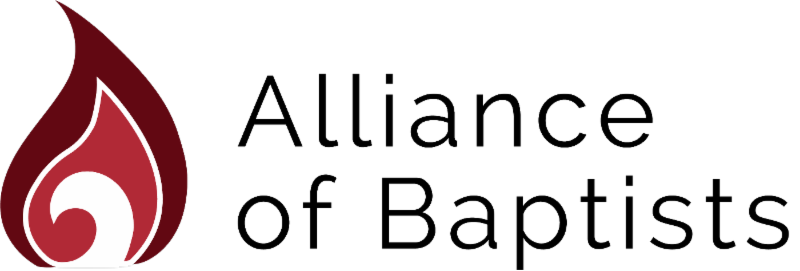
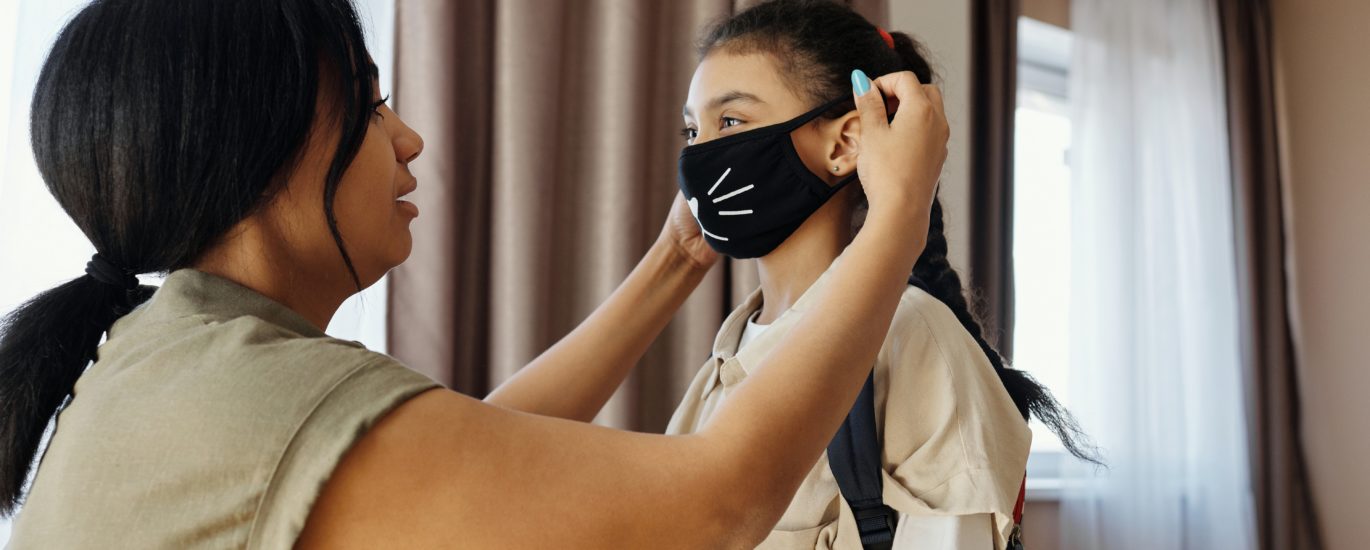
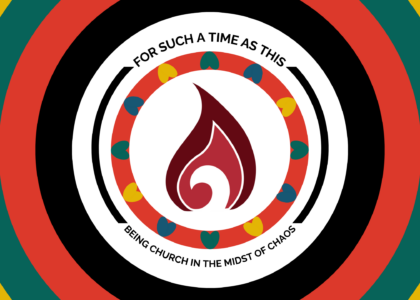
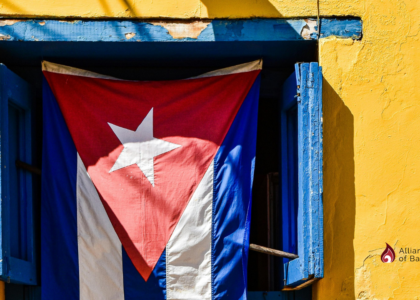
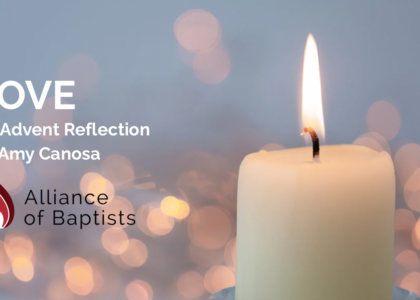
Recent Comments